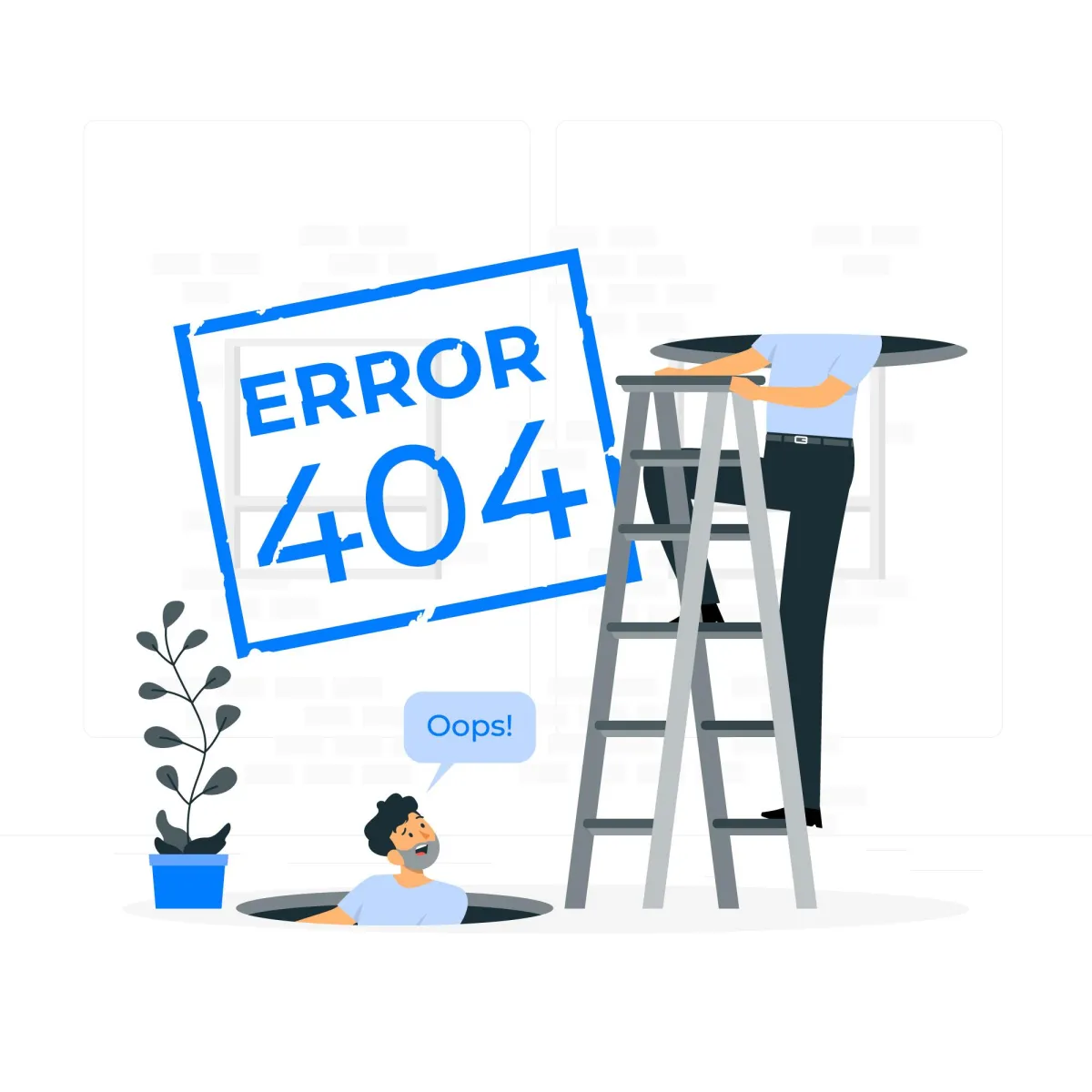Oops! Lost in the financial wilderness?
Let's steer you back to safety.
Meanwhile, here's a quick joke:
Why did the investor bring a ladder to the bank?
High-interest rates!
Address:
114 Lavender Street, #07-83 CT Hub 2,
Singapore 338729
Email:
[email protected]
WhatsApp:
+65 8952 8511
Website:
modernmuslim.finance








